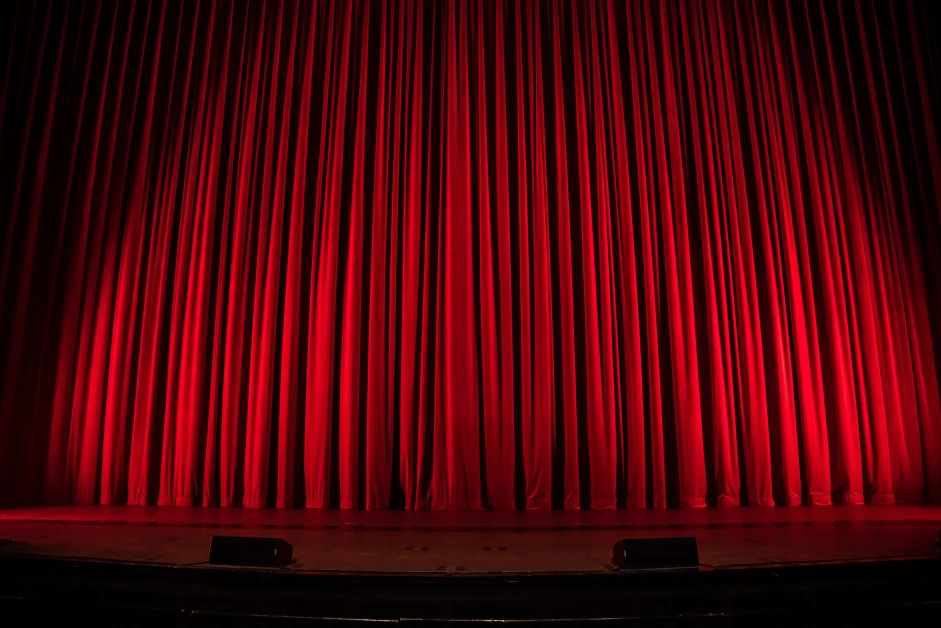B2C Marketing Funnel: Understanding the Stages and Creating Effective Content
Introduction
Welcome to Funnelpreneurs.com! In this article, we will discuss the stages of the B2C marketing funnel and how to create optimized content for each stage. Understanding the B2C marketing funnel is crucial for success in today’s competitive business landscape. So, let’s dive in and explore the key components of the B2C marketing funnel!
The B2C Marketing Funnel: An Overview
The B2C marketing funnel is a framework that illustrates the customer journey from awareness to conversion. Unlike the B2B funnel, the B2C funnel is shorter and focuses on immediate gratification. The decision-making process in B2C is quicker, involving fewer decision-makers. It is important to note that while the B2C and B2B funnels share some similarities, they also have fundamental differences that should be considered in your content marketing strategy.
The Stages of the B2C Marketing Funnel
Stage 1: Awareness
At this stage, your primary goal is to attract traffic and increase brand awareness. Your content should be more general and educational, providing value to potential customers without directly promoting your company. The goal is to get your brand recognized and build trust with your target audience. Examples of content for the awareness stage include:
- Blog posts on industry trends
- Infographics
- Social media posts
Stage 2: Interest
Once you have caught the attention of your audience, it’s time to nurture their interest and establish yourself as an authority in your niche. B2C buyers place a lot of value on the credibility of a company, so this is your opportunity to build trust and position your brand as a reliable solution. Content for this stage may include:
- Whitepapers
- Case studies
- Expert guides
Stage 3: Consideration
In this stage, potential customers are actively considering their options and evaluating different products or services. Your content should focus on demonstrating the value and benefits of your offerings, while also addressing any concerns or objections that may arise. Content for the consideration stage includes:
- Product comparisons
- Testimonials
- Interactive demos
Stage 4: Conversion
This is the ultimate goal of your marketing efforts – to convert potential customers into paying customers. Your content at this stage should highlight the unique selling points of your products or services and provide detailed information to facilitate the decision-making process. Content for the conversion stage includes:
- Product specifications
- Pricing information
- Limited-time offers
Personalizing the B2C Marketing Funnel
Every customer is unique, and it is essential to personalize your content strategy based on individual preferences and behaviors. By leveraging data analytics and customer insights, you can create tailored content that resonates with your target audience at each stage of the funnel. Personalization tactics you can use include:
- Segmenting your audience based on demographics, interests, and purchase history
- Sending personalized email campaigns
- Using dynamic website content
Conclusion
The B2C marketing funnel is a powerful tool for driving customer engagement and generating sales. By understanding the different stages of the funnel and tailoring your content strategy accordingly, you can maximize the impact of your marketing efforts. Remember, the key to success is to remain user-focused and provide value to your customers throughout their journey. So, start mapping your content strategy to the B2C marketing funnel and watch your business thrive!
For more information on B2C marketing strategies, check out these reputable sources:
